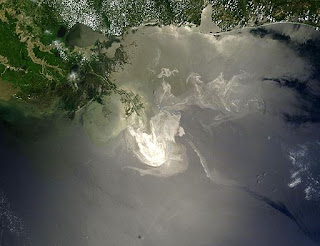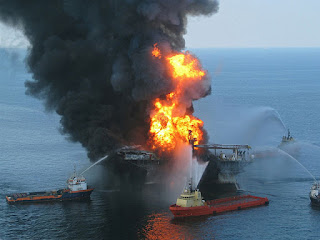This blog post was written for the course "Current Issues in Global and EU Affairs", which took place from February 12-April 30, 2018.
Since its early days NATO has been a cornerstone of both the transatlantic relationship and European defense. Now that the United Kingdom, one of NATO’s biggest advocates within the EU, is set to leave the Union, the question remains how Brexit will affect the transatlantic bond.
Evaluating the possible impact of Brexit on European and transatlantic security, it seems unlikely that a British exit from NATO would occur. The accession of the United Kingdom to the EU was not made with a strong commitment to the CSDP, however London has always been willing to contribute to the North Atlantic Trade Organization, firstly because NATO's transatlantic dimension has always matched the geopolitical direction of London and secondly because membership in the Alliance secured the national sovereignty of the UK.
So what are possible scenarios for transatlantic security in the wake of Brexit?
On the one hand, the withdrawal of the United Kingdom from the EU might give the opportunity to France, and to other EU countries with a large military power such as Germany, Italy and Spain, to rejoin the effort to balance the EU's military structures. The recent decision by EU member states to invest in shared capability projects as well as joint missions under PESCO has already confirmed this scenario. On the other hand we should keep in mind that the UK is the biggest spender on defense in Europe and its withdrawal from the EU will certainly have an impact in the field of security and defense.
On the other side of the Atlantic, the United States might see Brexit among long-standing fears that Europe will continue to exploit the security relief provided through NATO. This could trigger anxiety in the US Europe's inability to cope with its peripheral security issues, as for example in the Middle East, North Africa and the Eastern neighborhood. However, the US also benefits from a strong and coherent EU in order to achieve common goals of the transatlantic relationship. In this sense, PESCO could be seen as a positive development, whereby the EU signals to the United States that they are responding to recurring demands for stronger transatlantic burden sharing by enhancing the defense capabilities of EU Member States.
Which one of the described scenarios will play out can only be revealed by time. It will be interesting to observe whether Brexit will drive the transatlantic alliance further apart or if it will be a catalyst for deeper EU defense integration and transatlantic cooperation.


